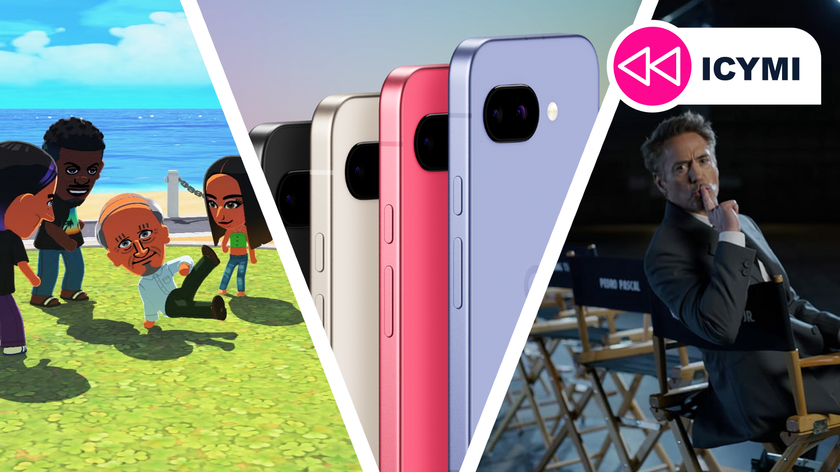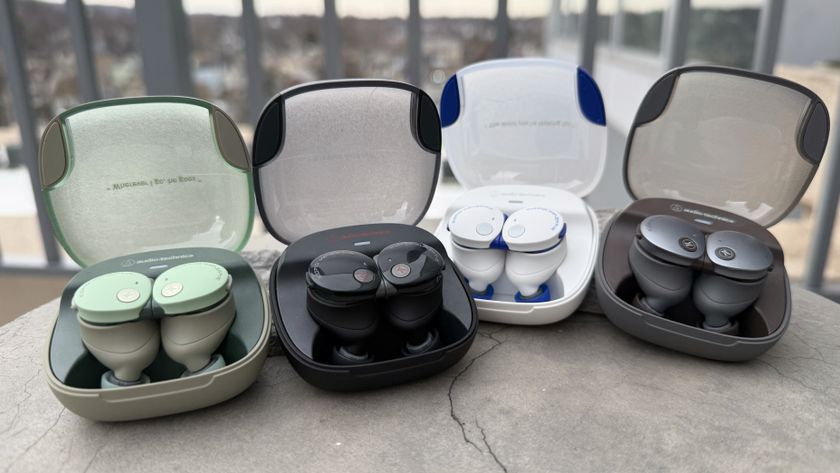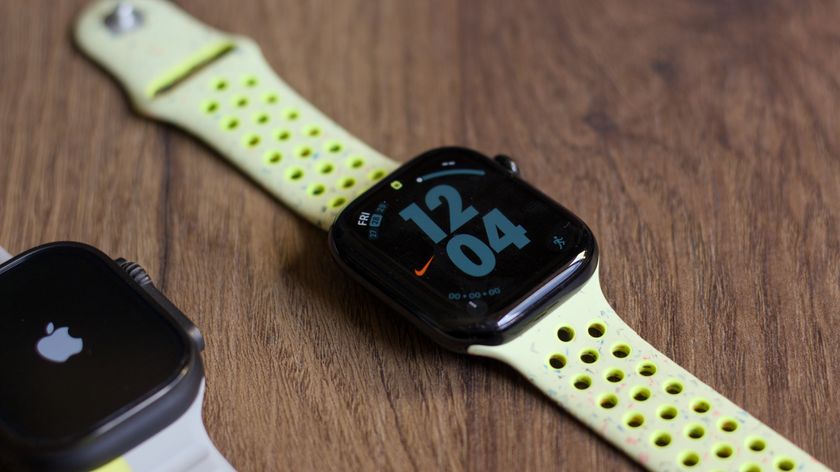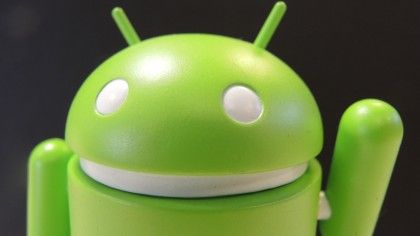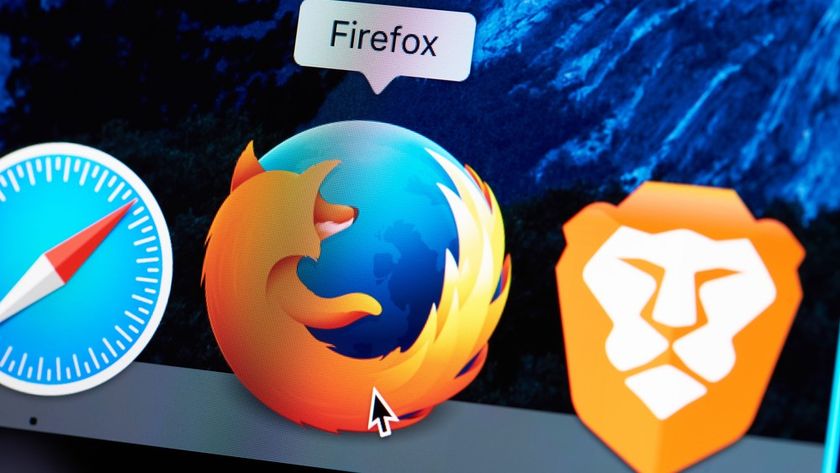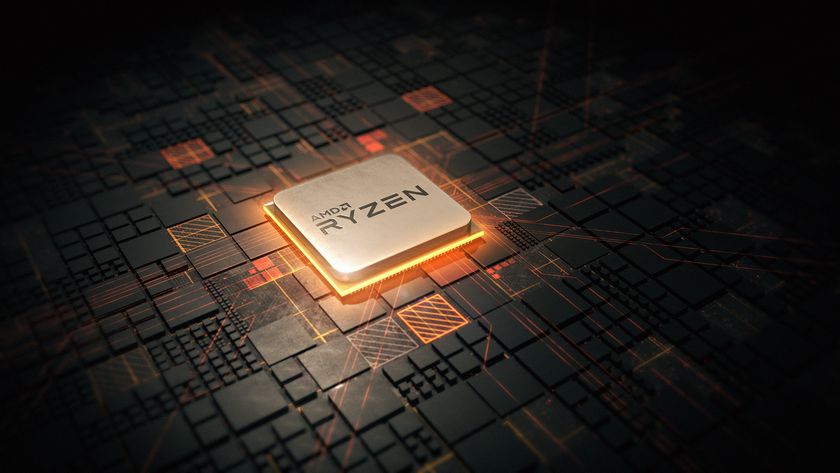What Apple's HomeKit means for the future of the smart home
Developers will follow Apple into the home
Why will HomeKit make a difference?
All devices made for HomeKit will connect with one another, leading to a more unified and convenient experience for users. Not only that, but they will also connect to your existing Apple products, which might be all it takes for HomeKit to become an industry standard.
HomeKit will use low energy Bluetooth, as well as Wi-Fi, as its networking protocol.
Apple has been putting Bluetooth capability in all of its phones and devices for reasons unclear up until this point. Now when HomeKit developers release a Bluetooth enabled device, it doesn't matter whether you have the latest iPhone or a third-generation iPad, it will be able to connect to your new device. Apple wants this networking protocol to become the standard so that its presence in the home can be maximised.
It's also important to remember that Apple has the clout to influence the market in a way even other tech giants cannot. For example, when Apple Pay was released in October of last year, it took less than a week for major US retailers CVS and Rite Aid to block payments from Apple Pay and Google Wallet. According to the New York Times, they shut off payments because accepting Apple Pay would violate the terms of their membership to the Merchant Customer Exchange (MCX).
However, Google Wallet, another contactless payment system, is also in violation of their membership terms and both CVS and Rite Aid continued to accept payments through Google Wallet without problem until the launch of Apple Pay.
Why? Because consumers used Apple Pay in such large numbers that it drew attention to the contract violation, whereas not enough people used Google Wallet to elicit a reaction. This shows the kind of immediate market impact that Apple creates when it releases a product or service – and with rumours of a class action lawsuit already rumbling, don't be surprised when CVS and Rite Aid are forced to back down further on down the line.
Google, which is in the home automation market thanks to the purchase of Nest Labs, has opted for a different networking protocol known as Thread. Just like Apple and low energy Bluetooth, there are already a number of companies, developers and hardware manufacturers who are committed to Thread, including Samsung and Silicon Labs. It looks very much like we're headed for an old fashioned Betamax versus VHS style smack-down, with Apple and Bluetooth going one direction and Google and Thread going in the other.
Are you a pro? Subscribe to our newsletter
Sign up to the TechRadar Pro newsletter to get all the top news, opinion, features and guidance your business needs to succeed!
At CES right now, we're seeing HomeKit products being unveiled, and this a great opportunity for smaller companies to make themselves a vital part of Apple's vision of a smart home. One thing's for sure – 2015 is going to play out as a very important year for the home automation industry.
- Malcolm Stewart is owner and founder of Kensington AV, a high-end home automation installer in and around London.


